
Choosing a Research Question for the Internal Assessment
Confused about what a Research Question is? This guide will help you understand what they are and how to pick a good one.
The Internal Assessment (IA) is a mini-research project. It is an opportunity to show-off your chemistry skills and knowledge and investigate interesting ideas without the pressure and constraints of the written exams.
The IA requires you to design and carry out an original investigation into a topic of interest related to IB chemistry, then produce a 6 – 12 page report of your findings. Worth 20% (the same as paper 1), the project and report should be of a high standard – the very best ones are of university research standard.
Central to your IA is the research question, around which your entire project revolves.
What is a research question?
Your research question states the aim and context of your investigation. It may be phrased as a statement or a question and it can be in more than one part, provided that each part is properly defined and focused on a common aim.
Importantly, it needs to be fully focused and clear, meaning someone reading it should understand what you investigated, the context, and what you did experimentally. The research question should not simply be a restatement of your project title.
Choosing your research question
The research question is a focused summary of your project aims, so the process of choosing one and refining it ensures you’ve thought properly about your project and is a good exercise to go through.
The flow diagram below is one I’ve used with my past students to help them identify their research question, variables and hypothesis:
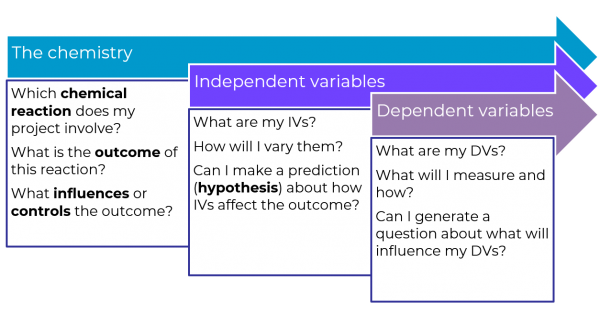
To use this method:
- Think about the ‘big idea’ behind your potential project and identify the chemical reaction at its centre. (Note that for projects involving measurements of physical properties or molecular modelling, you might have a physical system or a molecule instead of a chemical reaction).
- Think about which factors will affect the reaction, focusing on only those that are relevant and that can be measured and controlled
- Determine what it is you will deliberately change, how you will change it (e.g. how many values), and what you are going to measure as the outcome
Research question variables
Your research question should contain your independent and dependent variables (note this is a recommendation, not a rule).
- Independent variable: the thing you are going to deliberately change in order to see the outcome.
- Dependent variable: the variable you will measure.
You will also need to identify controlled variables, which are things that if not controlled and kept constant, will potentially affect the experimental outcome.
It’s vitally important that your independent variable is scientific and quantifiable (i.e. you can measurably vary it).
Here are some examples of weak or uninteresting independent variables and how they could be improved:
| Weak independent variable | Better independent variable |
|---|---|
| Effect of cooking time… | Effect of cooking temperature or pH |
| Effect of number of halogen atoms… | Effect of halogen electronegativity or atomic radius |
| Time taken to digest a tablet… | Rate of hydrolysis at different pH |
Is the research question different to a hypothesis?
You should be able to generate a hypothesis describing how your dependent variable will change for a given number of independent variable values (usually, a range of 3-5 values).
So, what’s a hypothesis? It’s your prediction about the outcome of your experiment. Your hypothesis predicts how your independent variable will affect the outcome (dependent variable). You then test the prediction by experiment and will either find your results support your research question hypothesis, or don’t support it.
Refining your research question
Suppose a student wants to investigate whether “superfoods” contain more vitamin C than other foods (this sort of food chemistry project is popular).
Here are some of their potential research questions:
- Vitamin C content of vegetables – this is a project title, not a research question
- Analysis of vitamin C in vegetables – this is not focused enough
- Analysis of vitamin C content of superfoods using redox titration – this is better but the focus is unclear
- Using redox titration to determine whether the vitamin C concentration of so-called superfoods is higher than normal vegetables – this is better since it’s fully-focused, provides context for the investigation and contains the dependent variable.
But wait, this is NOT a good project idea!
The independent variable here is type of vegetable. This is not a quantifiable variable! The outcome of the project is not rooted in scientific principles that can be investigated and correlated, so this would be a weak IA.
You must choose a project where you will change something over a range of values and then measure an outcome.
Tablet brands or types of fruits are not independent variables. There is specific guidance on this in the Science IA Guidelines, which state: “The straightforward comparison of two organisms or “brands” probably represents a weak RQ since the underlying cause of any difference does not arise from any scientific principle”.
Avoid weak and poorly-connected RQs
IAs sometimes seem to have a weak connection between the research question and what was actually done. This often occurs when a student wants to research a ‘big question’ that involves complex systems, many variables, and would realistically take a year to investigate. Because they can’t do that, they end up taking the ‘big question’ and reducing it down to a more mundane research question. Here are some examples:
| ‘Big idea’ | Actual project |
|---|---|
| Student wanted to investigate how increasing water acidity is damaging coral reefs | Student just measured order of reaction between CaCO3 and HCl |
| Student wanted to investigate the relationship between alcohol chain length and fuel efficiency | Student just measured enthalpy of combustion for different alcohols |
| Student wanted to investigate how different aspirin formulations (tablet vs. soluble) affected absorption | Student just measured rate of aspirin hydrolysis at different temperatures |
Meeting the personal engagement criteria
- Ensure your project is something you are genuinely curious about and can show that in your report
- Ensure that you take ownership of the project and steer it using your own initiative
- Ensure that it’s clear in your report that you have engaged with your chose topic
- Be creative in your approach to designing your experimental programme
Don’t just copy an existing IA you found online, such as one from my list here!
Meeting the originality criteria
You have to pick a project that enables you to show initiative and creativity, and that is demanding to investigate.
- It must not involve experiments where the outcome is well-known and well-documented (what’s the point of investigating it?)
- It therefore can’t be a commonplace school science experiment.
- It should be more challenging and original than the class practicals you should have done as part of the chemistry IB
It also shouldn’t be something you can find the answer to in you IB chemistry textbook or in the IB chemistry data booklet e.g. how surface area affects reaction rate or determining the enthalpy of combustion of butane
Which projects work well?
Projects that can often be reliably executed are physical chemistry projects involving data collection experiments. Often, you will be able to find very reproducible experimental procedures that you can adapt for your project idea
For example:
- measuring rates of reaction
- measuring activation energies
- determining enthalpy changes by calorimetry
- titrations (acid-base or redox) to determine unknowns
- spectroscopy or colorimetry to investigate mineral, vitamin or ion concentrations
However, just because physical chemistry projects tend to work well in the lab and produce good results, it does not mean you are guaranteed to get a top mark by picking one. You are marked on the quality of your research and report, not just how well the experiments worked and how good your results are.
Project selection questions
To help choose a good IA, it’s a good idea to ask yourself the following questions about your project:
- Is your topic relevant to the IB chemistry syllabus?
- Do you have genuine curiosity for this topic and will you be able to communicate that in your report?
- Is your research question suitably demanding with a strong scientific setting?
- Will your research question allow you to show creativity and initiative in the project?
- Is your project original?
- If the project is novel and risky, are you likely to be able to satisfy the assessment criteria in other ways?
- Are the project outcomes non-obvious?
- Will you be able to complete the project in around ten hours?
- Can you show that the scientific context for your project is clear, valid and supported by your background research?
- Have you carried out a risk assessment to identify potential health and safety issues?
- Is the project feasible on ethical grounds? (it cannot involve any animal experimentation for example)
- What are the main apparatus, skills and techniques required?
- Are the required apparatus and chemicals available and not too expensive?
- Do you need to learn any new experimental techniques to carry out your project?
- Will the project generate data that you can analyse and present in your report?
- Will you need to use secondary data?
- Can you demonstrate maths and graphing skills in your report?
- What are your main experimental errors and how can you plan for these?
- How will you ensure your results are reliable?
- How will you ensure fair-testing?

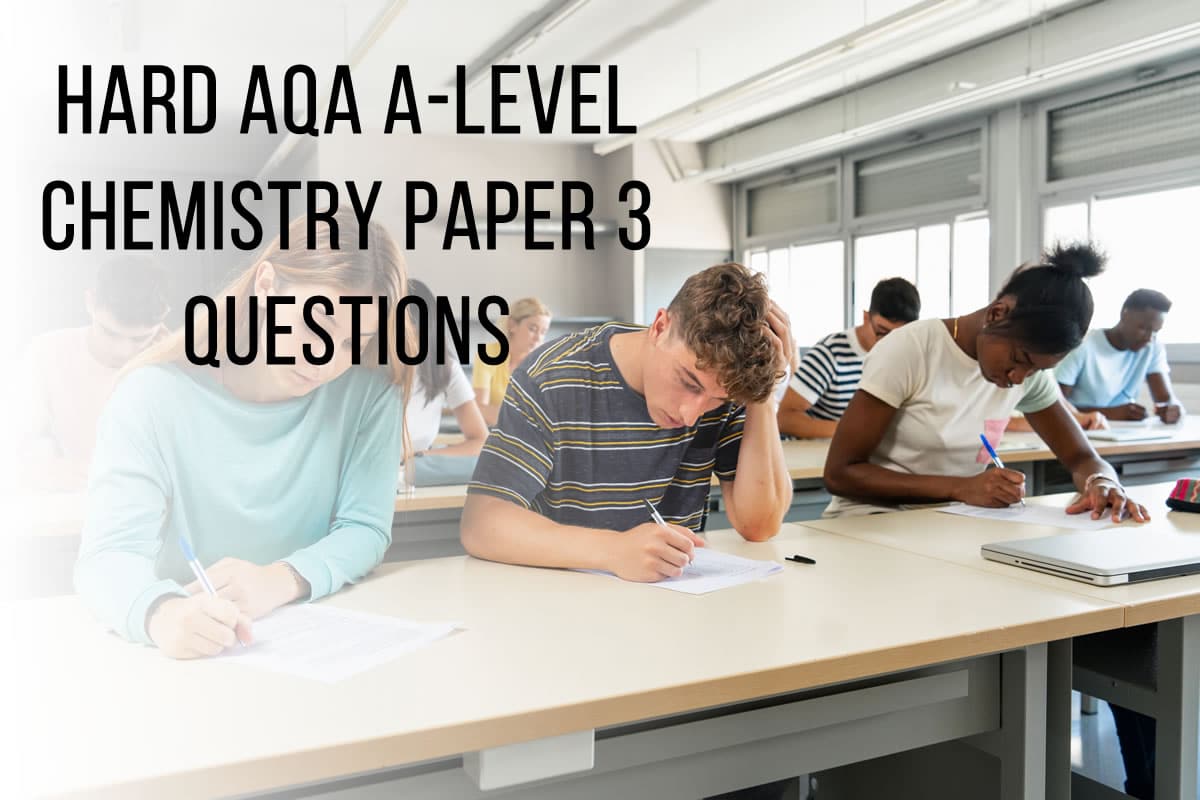
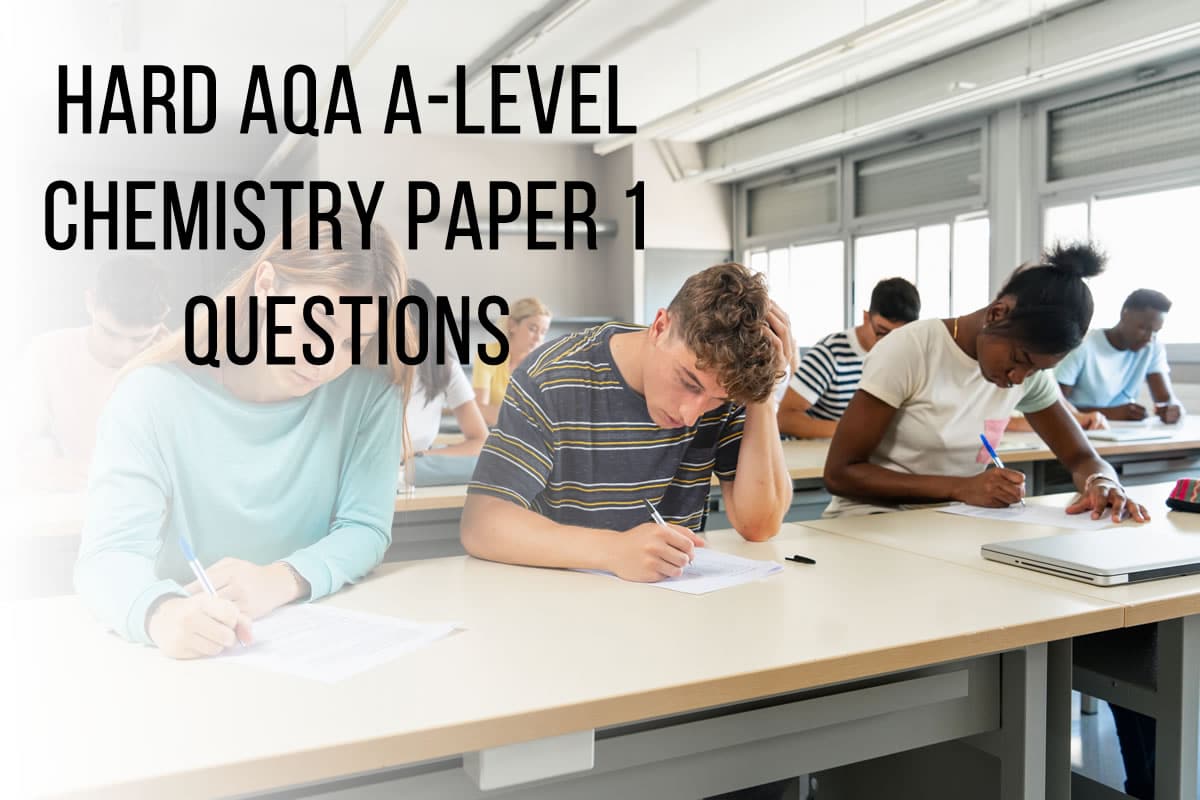
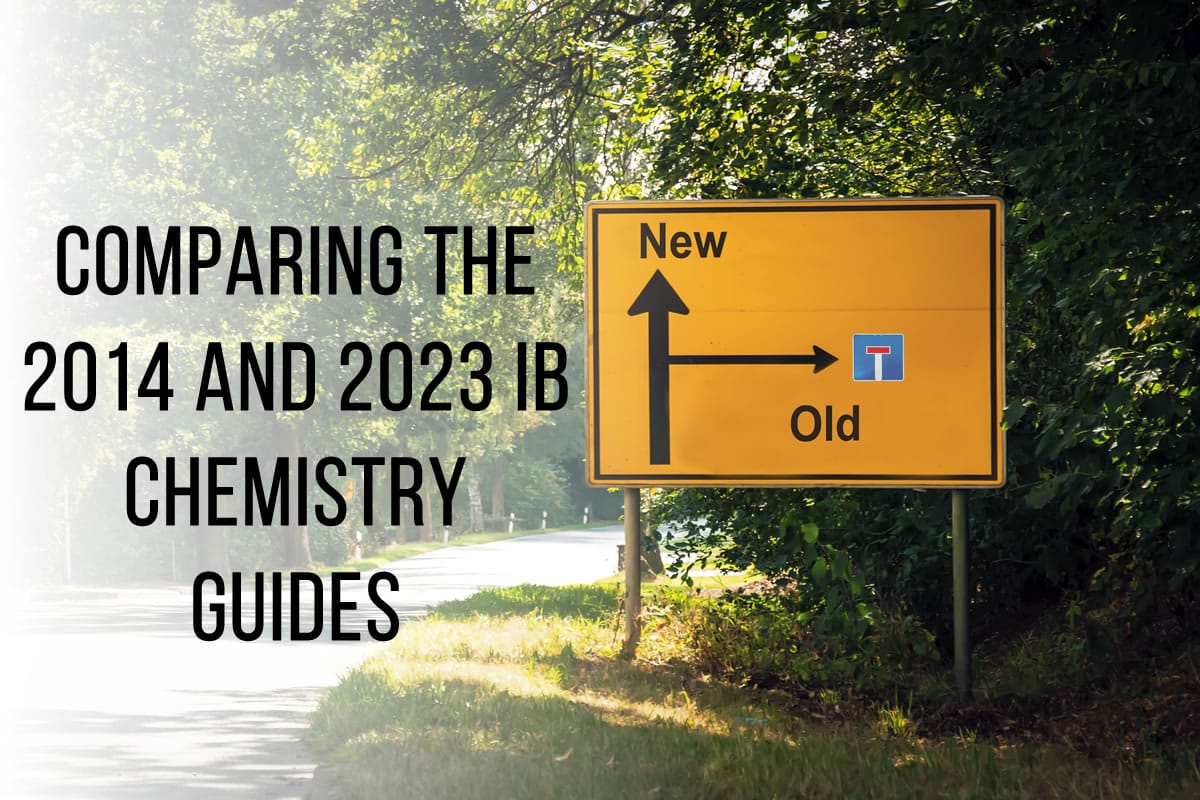

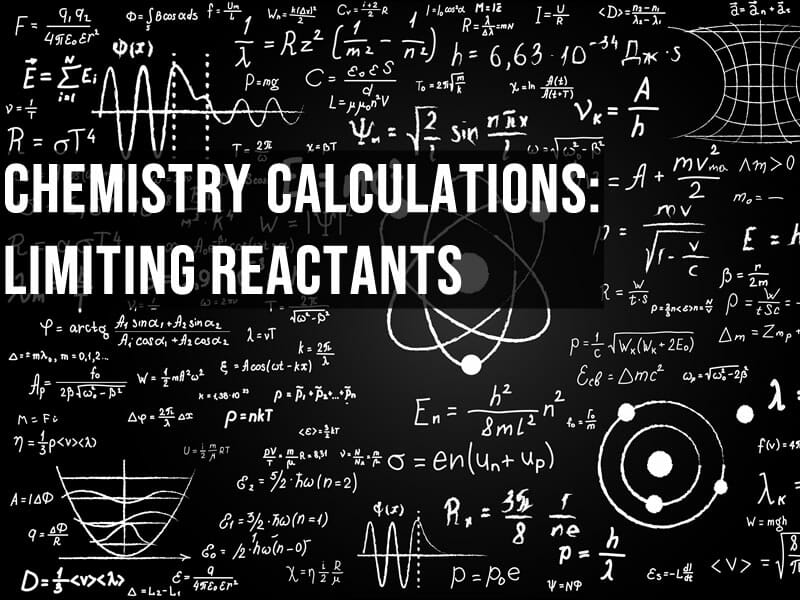
[…] Secondly, some of the projects below are just plain bad for reasons I’ve outlined in my post about research questions. […]